The remits of the new ministerial team at the Department for Education have been confirmed following Boris Johnson’s post-Brexit reshuffle.
For FE, the new line-up includes the first dedicated apprenticeships and skills minister since Anne Milton’s resignation last July. Gavin Williamson remains as education secretary.
Here is your guide to the ministers and their responsibilities.
Gavin Williamson, education secretary
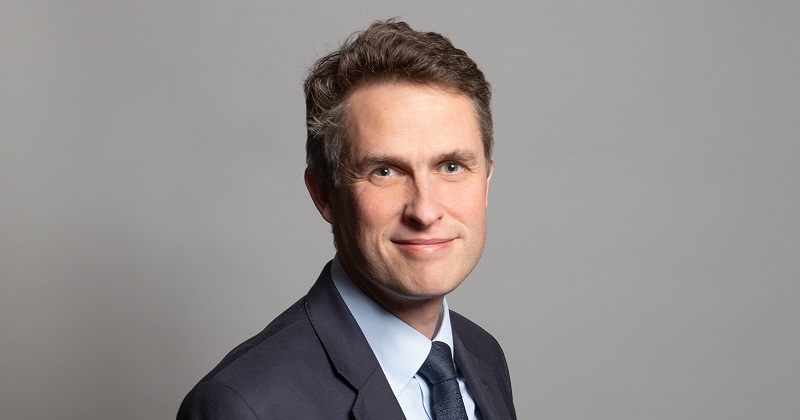
Williamson retains the same broad set of responsibilities across the Department for Education.
- Early years
- Children’s social care
- Teacher recruitment and retention
- The school curriculum
- School improvement
- Academies and free schools
- Further education
- Apprenticeships and skills
- Higher education
Gillian Keegan, apprenticeships and skills minister
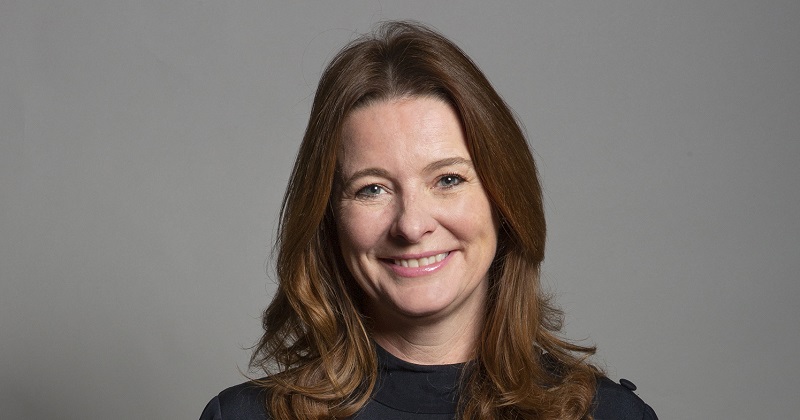
Keegan, the MP for Chichester, is a parliamentary under secretary of state – one rank below that of the minister of state role that her predecessor, Anne Milton, held. Despite this, her responsibilities remain mostly the same.
- Strategy for post-16 education (jointly with Michelle Donelan)
- Technical education and skills including T Levels and qualifications review
- Apprenticeships including traineeships
- Further education workforce
- Further education provider market including quality and improvement and further education efficiency
- Adult education, including the National Retraining Scheme and basic skills
- Institutes of Technology and National Colleges
- Reducing the number of young people who are not in education, employment or training
- Careers education, information and guidance including the Careers Enterprise Company
Michelle Donelan, universities minister
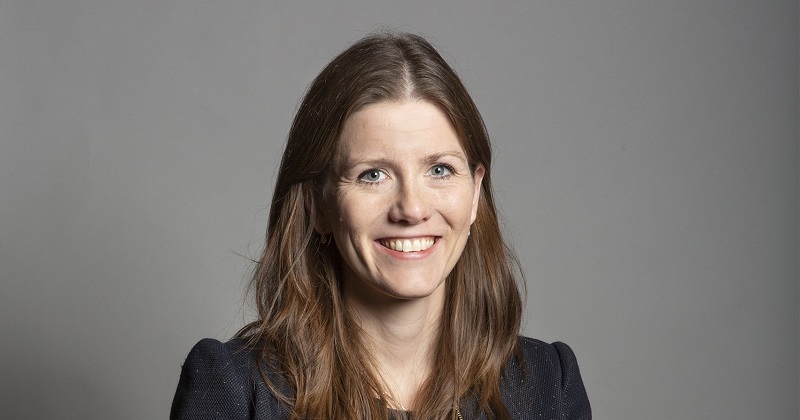
Donelan previously shared some responsibility for FE as a parliamentary under secretary of state prior to Johnson’s latest reshuffle. She has now been promoted to a minister of state for universities.
- Strategy for post-16 education (jointly with Gillian Keegan)
- Universities and higher education reform
- Higher education student finance (including the Student Loans Company)
- Widening participation in higher education
- Quality of higher education and the Teaching Excellence Framework
- International education strategy including education exports international students and technology in education (Edtech)
- Opportunity Areas programme
Nick Gibb, schools minister
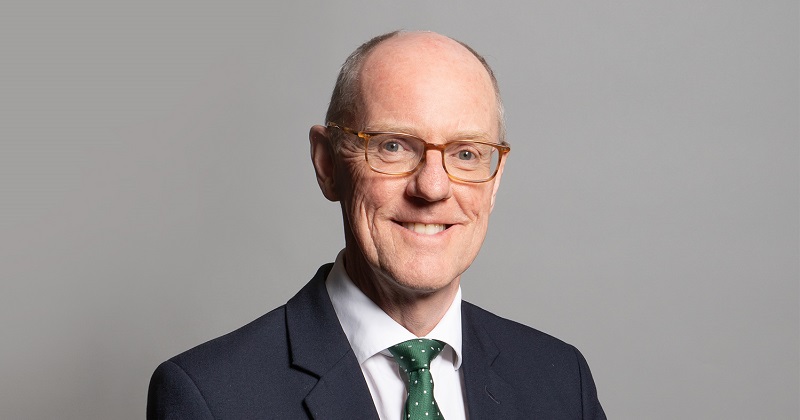
Gibb’s responsibilities remain broadly the same, with a few small changes.
For example, he now has responsibility for support for raising school standards, previously part of the academies minister’s portfolio, and early education curriculum and teaching quality.
He has also given up responsibility for tackling bullying and alternative provision, both of which are now a job for children’s minister Vicky Ford.
- Recruitment and retention of teachers and school leaders (including initial teacher training, qualifications and professional development)
- Supporting a high-quality teaching profession and reducing teacher workload
- Teaching Regulation Agency
- Admissions and school transport
- School revenue funding, including the national funding formula
- Curriculum and qualifications (including links with Ofqual)
- Standards and Testing Agency and primary assessment
- School accountability and inspection (including links with Ofsted)
- Support for raising school standards
- School sport
- Pupil premium
- Relationships, sex, and health education; and personal, social, health and economic education
- Behaviour and attendance and exclusions
- Early education curriculum and teaching quality
Baroness Berridge, academies minister
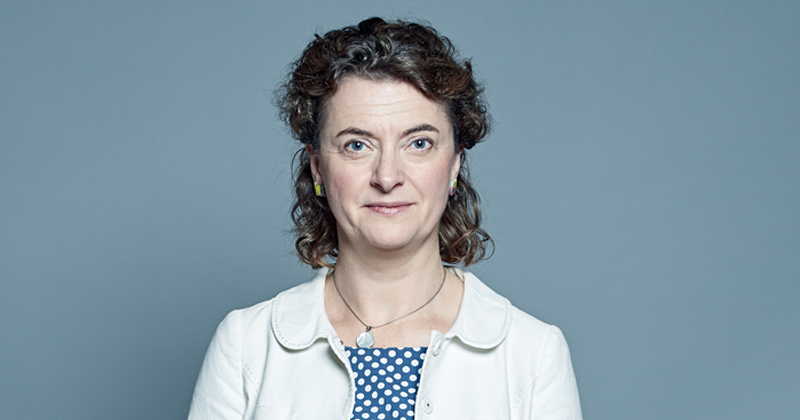
Baroness Berridge, who has replaced Lord Agnew, retains many of her predecessor’s responsibilities.
She has also officially taken on responsibilities for safeguarding in schools, previously the remit of the children’s minister, and school efficiency and departmental efficiency and commercial, though the latter two were unofficially in Agnew’s remit before.
However, she has given up responsibility for school improvement.
- Free schools, university technical colleges and studio schools
- Academies and multi-academy trusts, including governance
- Faith schools
- Independent schools
- Home education and supplementary schools
- Intervention in underperforming schools, including trust capacity funds
- School capital investment (including pupil place planning, new school places and school condition)
- Counter extremism and integration in schools
- Safeguarding in schools and post-16 settings
- School efficiency
- Departmental efficiency and commercial
Vicky Ford, children’s minister
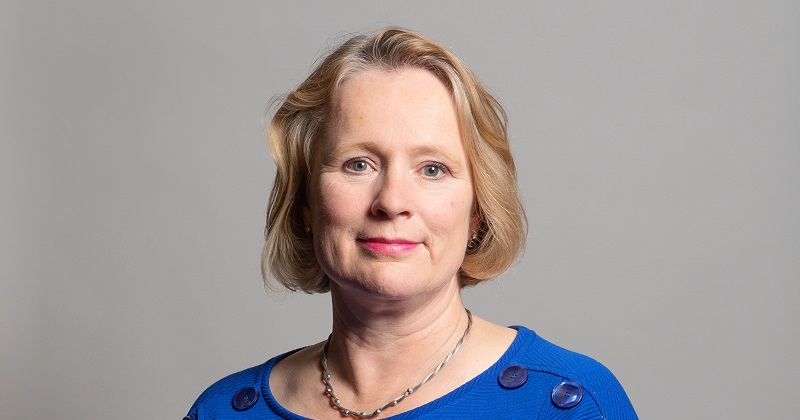
Like previous children’s ministers, Vicky Ford’s portfolio does cover a number of issues important to the schools community.
Her schools-related policy areas include SEND, alternative provision, free school meals and bullying.
- Children’s social care including system and funding, workforce, child protection, children in care, adoption, care leavers and local authority performance
- Special educational needs, including high needs funding
- Early years policy and childcare, including funding, providers, workforce, children’s centres, home learning environment and childcare entitlements
- Alternative provision
- Disadvantage and social mobility (including links to the Social Mobility Commission)
- School food including free school meals
- Children and young people’s mental health, online safety and preventing bullying in schools
- Policy to protect against serious violence


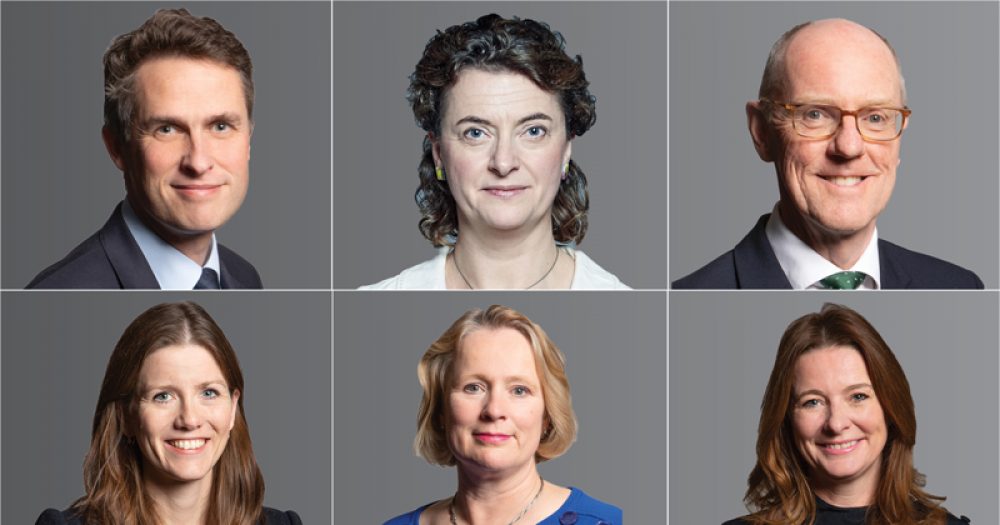






Your thoughts